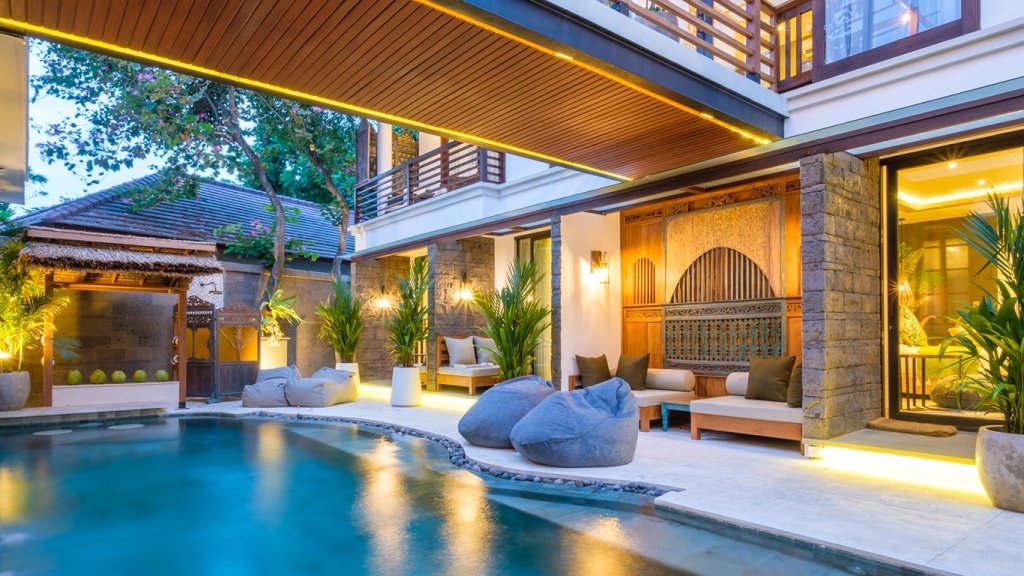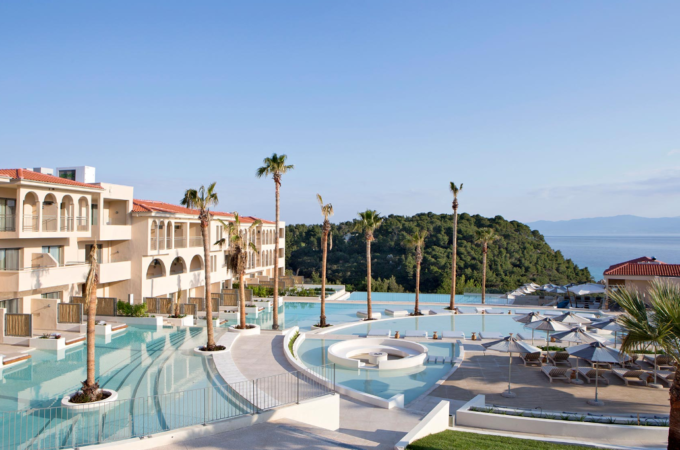
Still Confused About a Boutique Hotel? Here Are the Things You Should Know
Sydney is the capital of New South Wales and Australia’s most recognizable city. It is also the country’s most populated area, with an estimated 5.24 million people who call it home. You can find here the iconic Opera House, one of the most Instagrammable destinations when you travel Down Under.
According to tourism receipts, there were more than 42 million visitors who travelled to Sydney last year, contributing $22.6 billion to the local economy. Local and foreign tourists already spent over 116 million nights in the city last year since officials began recording visitors.
People spend an average of 2.7 nights in a boutique hotel in Sydney, as well as other accommodations. They also shell out $276 every day of their stay in the city.
When you travel to Sydney, you would never have any problem booking a room. For luxury travellers, there are more than 10,000 upscale hotels. You are less likely to find mid-scale and budget rooms, meanwhile, which the data estimates to reach 3,000 establishments.
What is a Boutique Hotel?

You might have heard about the term before and wondered what it means.
The term is a way for independent hoteliers to carve a niche in a highly competitive industry.
People might have a misconception that a boutique hotel in Sydney is cheap. But that is not always the case. To make sure they stand out, hotel owners invest in premium materials and amenities and offer top-notch service. It is not an exaggeration to compare them with posh hotels in terms of the experience (minus the size of the room).
Today, a boutique hotel can be described as small but “contemporary,” “edgy,” or “chic.” You can typically find the structure right smack in the urban area, featuring a stylish facade and interior. You will find one, along with five-star hotels, in the city’s fashionable or artsy district.
Characteristics of a Boutique Hotel
Anyone can market themselves as a boutique hotel. That is because there are no legal criteria that would have inhibited them from claiming as such when they apply for a business permit.

However, boutique hotels share similar characteristics:
- Small size — A boutique hotel can have somewhere between 10 rooms and 100. One of their appeals is intimacy and personal service. By the end of your stay, you would be familiar with the staff, and probably even the owner.
- Distinct style — Each building will feature a unique style that differentiates it from the rest. Now, boutique hotel owners are trying to one-up each other in terms of the architectural design of their establishment. Visitors will have plenty of spots inside and outside to take selfies.
- Intimate lobby — As what you might expect from a small hotel, the hall is focused more on function than anything else. But there would be some hidden gems throughout the interior to keep the visitors distracted, and they can forget the size of the lobby.
- Local culture — You will likely see works of local artisans and indigenous culture on display all around the interior and exterior of the building. It is one way for the boutique hotel to establish its identity.
- Theme — Boutique hotels are also likely to follow a concept, which will show up on the architectural tones, as well as the amenities and facilities.
While there are no set rules on the definition, based on the common characteristics outlined above, it would be easier for you to spot a boutique hotel the next time you happen to be in Sydney.




